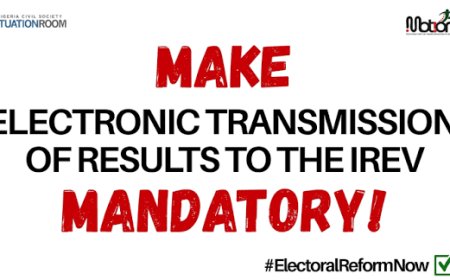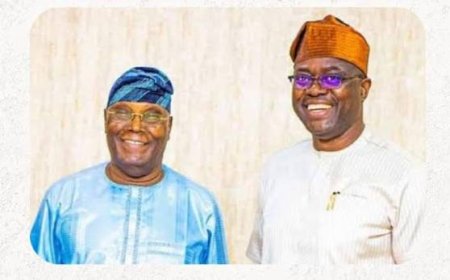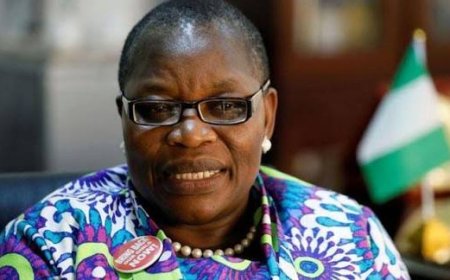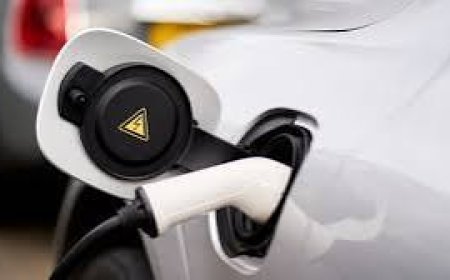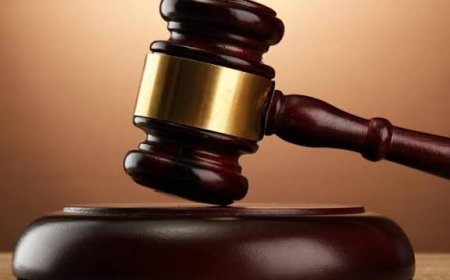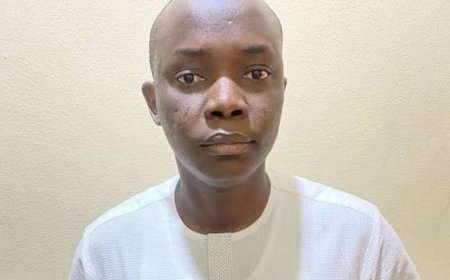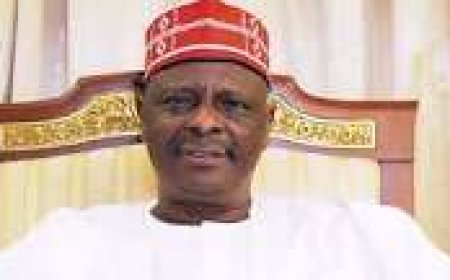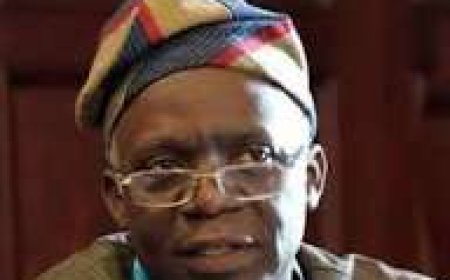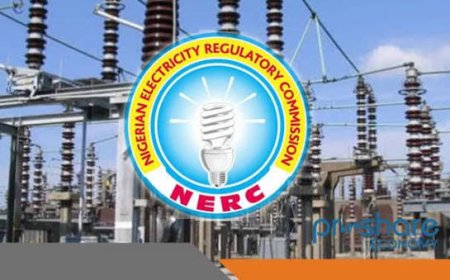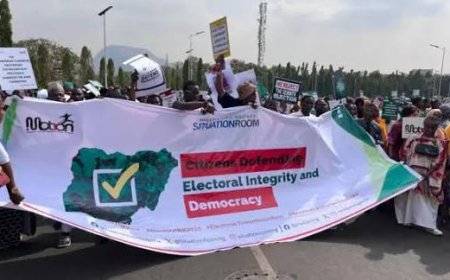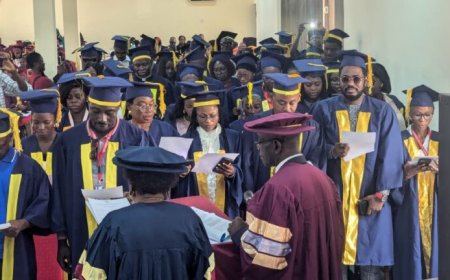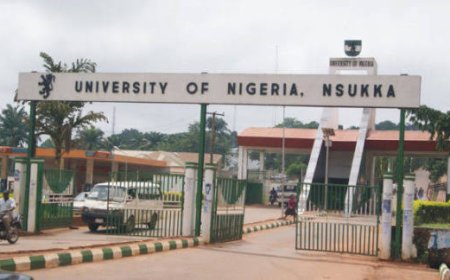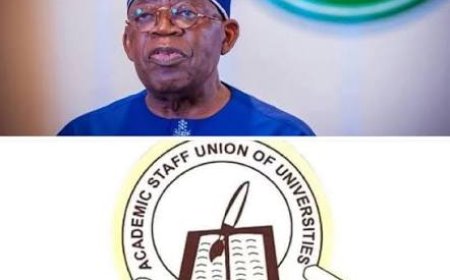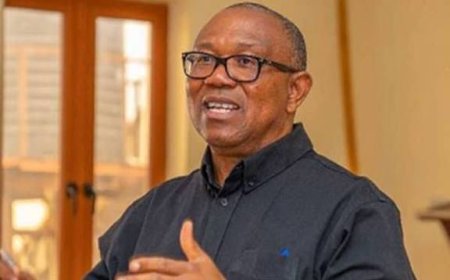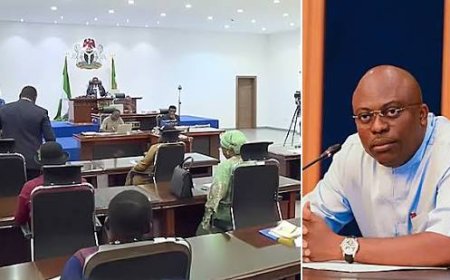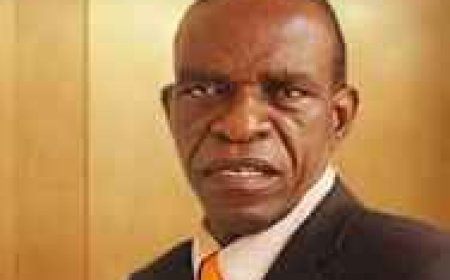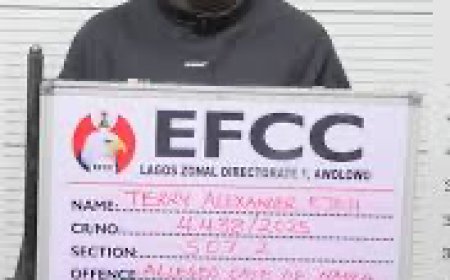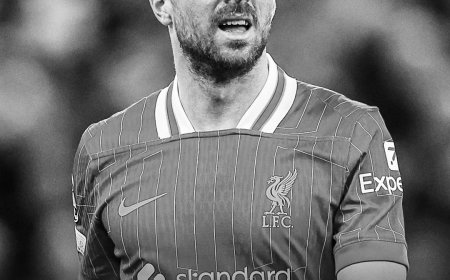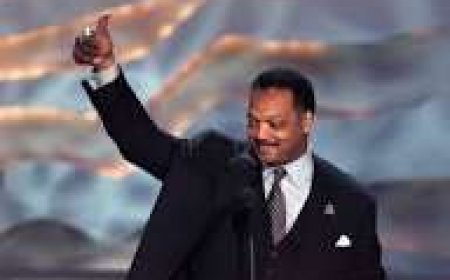Trump Sentenced To Unconditional Discharge After Conviction On 34 Felony Counts Linked To Hush Money Payments
US President - elect, Donald Trump has been sentenced to unconditional discharge in a historic legal development, after being convicted on 34 felony counts linked to hush money payments made to adult film star Stormy Daniels.
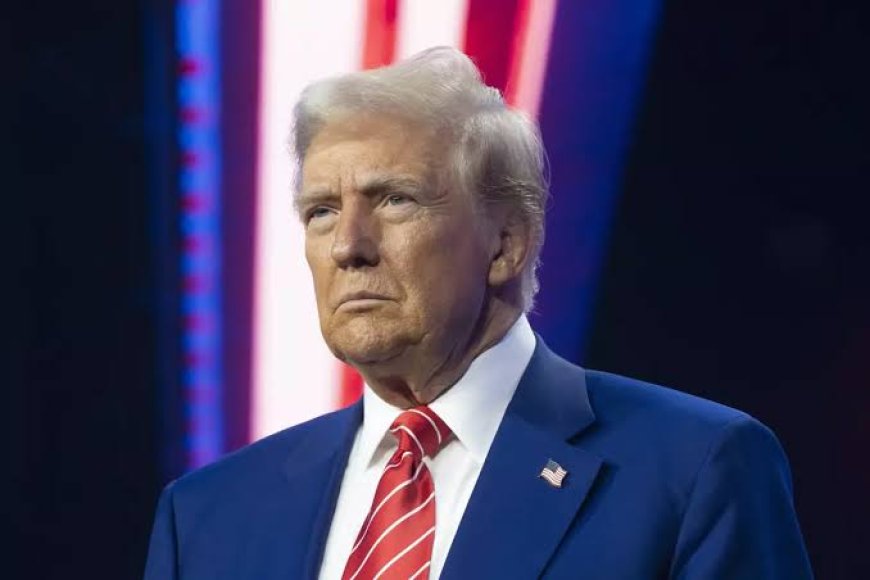
US President - elect, Donald Trump has been sentenced to unconditional discharge in a historic legal development, after being convicted on 34 felony counts linked to hush money payments made to adult film star Stormy Daniels.
The sentencing Friday concludes a prolonged legal battle that captured international attention.
“Never before has this court faced such extraordinary circumstances. The only appropriate sentence that allows a conviction while respecting the sanctity of the presidency is an unconditional discharge," Merchan ruled.
This outcome spares Trump from both imprisonment and fines, a move that has drawn a mixed response across political lines. Trump, who has consistently labeled the case a politically motivated “witch hunt,” reiterated his innocence, insisting that the charges were a ploy to tarnish his reputation and derail his political ambitions.
Trump’s legal team had sought to delay sentencing by appealing the conviction, but the Supreme Court rejected the appeal, swaying that the hearing must proceed without further postponement.
The case marks a pivotal moment in U.S. history, making Trump the first former or serving president to be convicted of a felony. Outside the courthouse, supporters and critics alike gathered in a tense atmosphere, even as pro-Trump demonstrators waved banners proclaiming his innocence, while others held placards calling for accountability and justice.
New York State Associate Justice Ellen Gesmer had earlier denied an attempt to stall the proceedings, clearing the way for the finalization of Trump’s unconditional discharge.
While the legal chapter in the Stormy Daniels case closes, its implications on Trump’s political future and the broader landscape of American politics remain subjects of intense speculation.
Earlier in the day, Trump had appeared virtually in New York court to be sentenced in his hush money conviction, 10 days case before his inauguration
According to the AP, Trump in a dark suit, appeared on a video feed from his Florida club, seated with one of his lawyers, as his sentencing hearing began Friday after the nation’s highest court refused to intervene.
Like so much else in the criminal case and the current American political landscape, the scenario set to unfold in an austere Manhattan courtroom was unimaginable only a few years ago. A state judge is to say what consequences, if any, the country’s former and soon-to-be leader will face for felonies that a jury found he committed.
With Trump 10 days from inauguration, Judge Juan M. Merchan had indicated he plans a no-penalty sentence called an unconditional discharge, and prosecutors aren’t opposing it. That would mean no jail time, no probation and no fines would be imposed, but nothing is final until Friday’s proceeding is done.
Regardless of the outcome, Trump, a Republican, will become the first person convicted of a felony to assume the presidency.
Judge will weigh holding Giuliani in contempt of court after jury’s $148 million defamation award
Trump will have the opportunity to speak. He has pilloried the case, the only one of his four criminal indictments that has gone to trial and possibly the only one that ever will.
He appeared from his Florida home, seated with his lawyer Todd Blanche, whom he’s tapped to serve as the second-highest ranking Justice Department official in his incoming administration.
The judge has indicated that he plans the unconditional discharge — a rarity in felony convictions — partly to avoid complicated constitutional issues that would arise if he imposed a penalty that overlapped with Trump’s presidency.
The hush money case accused Trump of falsifying his business’ records to veil a $130,000 payoff to porn actor Stormy Daniels. She was paid, late in Trump’s 2016 campaign, not to tell the public about a sexual encounter she maintains the two had a decade earlier. He says nothing sexual happened between them, and he contends that his political adversaries spun up a bogus prosecution to try to damage him.
“I never falsified business records. It is a fake, made up charge,” the Republican president-elect wrote on his Truth Social platform last week. Manhattan District Attorney Alvin Bragg, whose office brought the charges, is a Democrat.
Before the hearing, a handful of Trump supporters and critics gathered outside. One group held a banner that read, “Trump is guilty.” The other held one that said, “Stop partisan conspiracy” and “Stop political witch hunt.”
Bragg’s office said in a court filing Monday that Trump committed “serious offenses that caused extensive harm to the sanctity of the electoral process and to the integrity of New York’s financial marketplace.”
While the specific charges were about checks and ledgers, the underlying accusations were seamy and deeply entangled with Trump’s political rise. Prosecutors said Daniels was paid off — through Trump’s personal attorney at the time, Michael Cohen — as part of a wider effort to keep voters from hearing about Trump’s alleged extramarital escapades.
Trump denies the alleged encounters occurred. His lawyers said he wanted to squelch the stories to protect his family, not his campaign. And while prosecutors said Cohen’s reimbursements for paying Daniels were deceptively logged as legal expenses, Trump says that’s simply what they were.
“There was nothing else it could have been called,” he wrote on Truth Social last week, adding, “I was hiding nothing.”
Trump’s lawyers tried unsuccessfully to forestall a trial. Since his May conviction on 34 counts of falsifying business records, they have pulled virtually every legal lever within reach to try to get the conviction overturned, the case dismissed or at least the sentencing postponed.
They have made various arguments to Merchan, New York appeals judges, and federal courts including the Supreme Court. The Trump attorneys have leaned heavily into assertions of presidential immunity from prosecution, and they got a boost in July from a Supreme Court decision that affords former commanders-in-chief considerable immunity.
Trump was a private citizen and presidential candidate when Daniels was paid in 2016. He was president when the reimbursements to Cohen were made and recorded the following year.
On one hand, Trump’s defense argued that immunity should have kept jurors from hearing some evidence, such as testimony about some of his conversations with then-White House communications director Hope Hicks.
And after Trump won this past November’s election, his lawyers argued that the case had to be scrapped to avoid impinging on his upcoming presidency and his transition to the Oval Office.
Merchan, a Democrat, repeatedly postponed the sentencing, initially set for July. But last week, he set Friday’s date, citing a need for “finality.” He wrote that he strove to balance Trump’s need to govern, the Supreme Court’s immunity ruling, the respect due a jury verdict and the public’s expectation that “no one is above the law.”
Trump’s lawyers then launched a flurry of last-minute efforts to block the sentencing. Their last hope vanished Thursday night with a 5-4 Supreme Court ruling that declined to delay the sentencing.
Meanwhile, the other criminal cases that once loomed over Trump have ended or stalled ahead of trial.
After Trump’s election, special counsel Jack Smith closed out the federal prosecutions over Trump’s handling of classified documents and his efforts to overturn his 2020 election loss to Democrat Joe Biden. A state-level Georgia election interference case is locked in uncertainty after prosecutor Fani Willis was removed from it.
What's Your Reaction?















